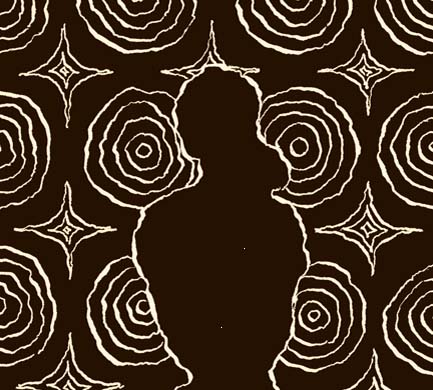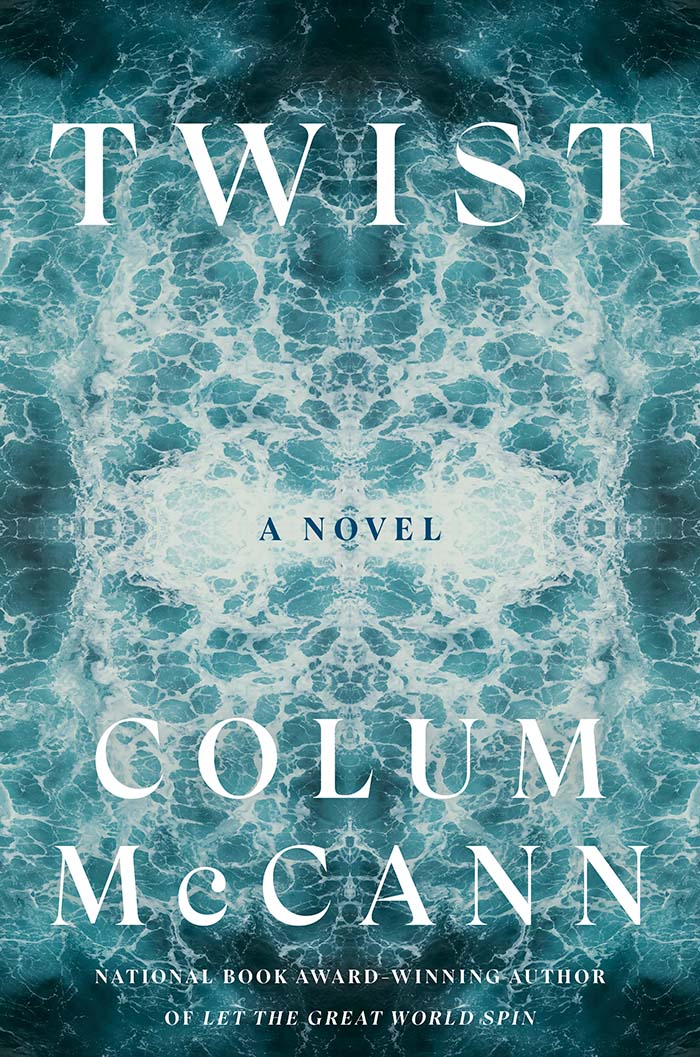
A Hero of Consciousness
The whole point of good literature is to make newness durable. You are creating alternative time. You are making vivid that which did not exist before. You are not just the clockmaker, but the measure of the clockmaker’s creation. This is quite a responsibility. You are shaping past, present, future. Respect it. Maintain it. Begin. You have to guide your reader into the story. You are whispering in her ear. Trust me, you say, this may be a long trip, a strange one, a difficult one, but eventually it will be worthwhile. The journey will be painful and immediate, with just about the right weight of pleasure to keep you going. Keep the reader in mind but don’t pander to her. Be lucid. Be sharp. Be agile. Your duty is to make the reader see. You do this by making her hear. It’s about rhythm, sound, music. In other words, it’s all in the language. Character emerges out of language. Plot does too. Everything comes from the root of the word. It forces its own growth. With the right word carved out, you will find the balance of imaginative richness and form. But you have to drag the moment reluctantly from silence. The work should cost you effort and pain. Sometimes you must hate literature in order to write good literature. You do not colonise time. You explore it. To be an explorer you take risks with the clockhands. You gain new territory. You become a hero of consciousness. A villain too. Story-telling is the primary aid to which we become more aware of the depth and terror and folly of the world. You can destroy the clockhand too. Or even add the thirteenth hour. Be careful. Be joyful too. At the right moment, you can create miracles.
